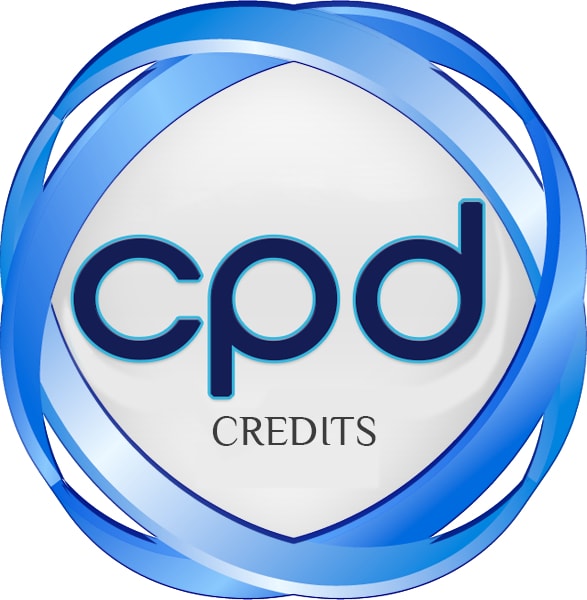
Clara Desvignes
Voisin Consulting Life Sciences, France
Title: Microbiome health products: Drugs or foods? Pros and cons of each route, constraints and advantages
Biography
Biography: Clara Desvignes
Abstract
Microbiome based health products may vary a lot in its nature and aims, from the dietary supplementation for maintenance of a healthy status to the curative medicinal formulation (drug). Foods and drugs developments individually present benefits and constraints that should be carefully considered:
- Whereas food claims must be individually approved by the competent Authority, there are no “pre-approved” drug claims which have to be individually assessed during the market access procedure. Foods claims may be easier to use than medicinal claims, however their extent is much more limited.
- The regulatory process for market access can be very simple for food products, where for drugs it is more complex, long and expensive.
- During development, for drugs, nonclinical and clinical data should mandatorily be provided to support the related dossier. Such data are not an absolute requirement in the development of a food product: the lack of clear requirements can make it difficult to satisfy the Authority’s expectations.
- Microbiome health products can benefit from specific competitive advantages in the form of market exclusivity and data protection periods. Such protections are not systematic but can present a real competitive advantage on the market.
- Post-market surveillance has to be implemented in both food and drug cases, although a full pharmacovigilance system with mandatory serious event reporting is much more burdensome in the case of drugs.
The development process for a drug can be much more burdensome, long and expensive than development for food; however it gives access to a wider range of applications, is the opportunity to tackle more specific health issues and provides access to a market with less competition. The more relevant status should be anticipated and carefully determined, to capitalize on this emerging field as an opportunity to stand out by harnessing the associated benefits and constraints rather than enduring them.

